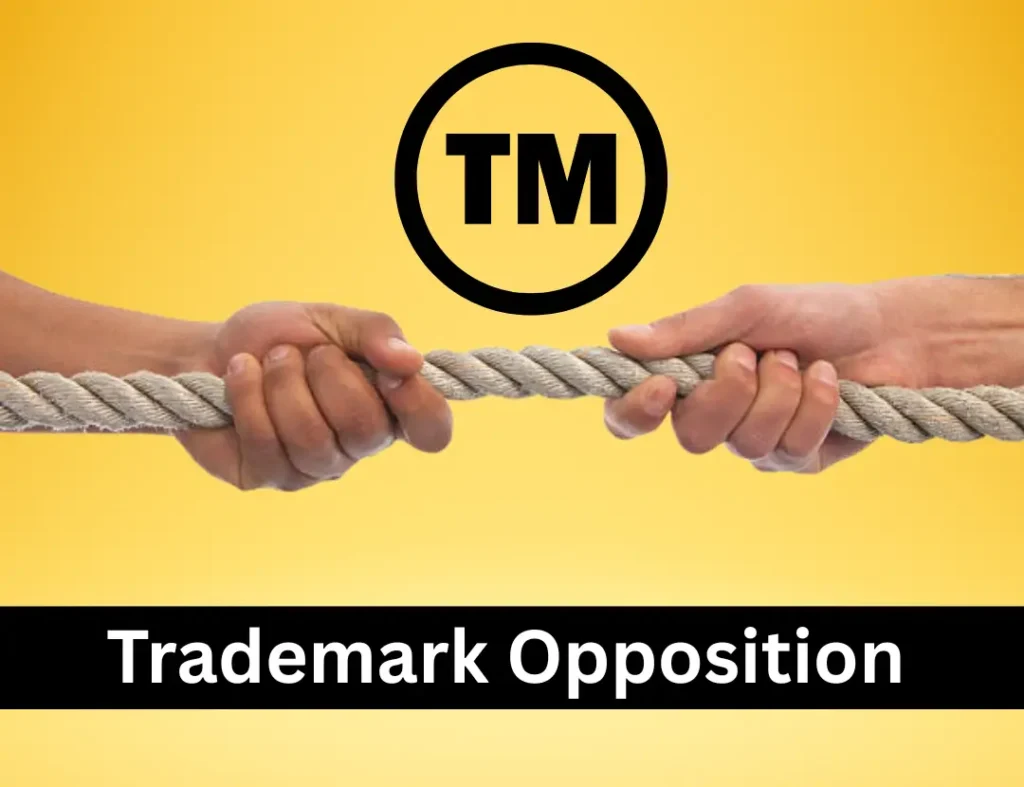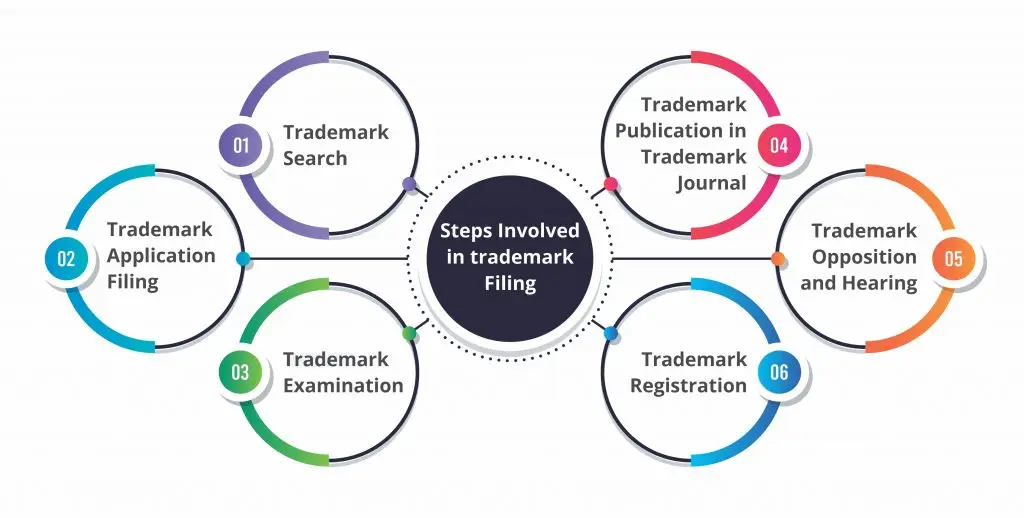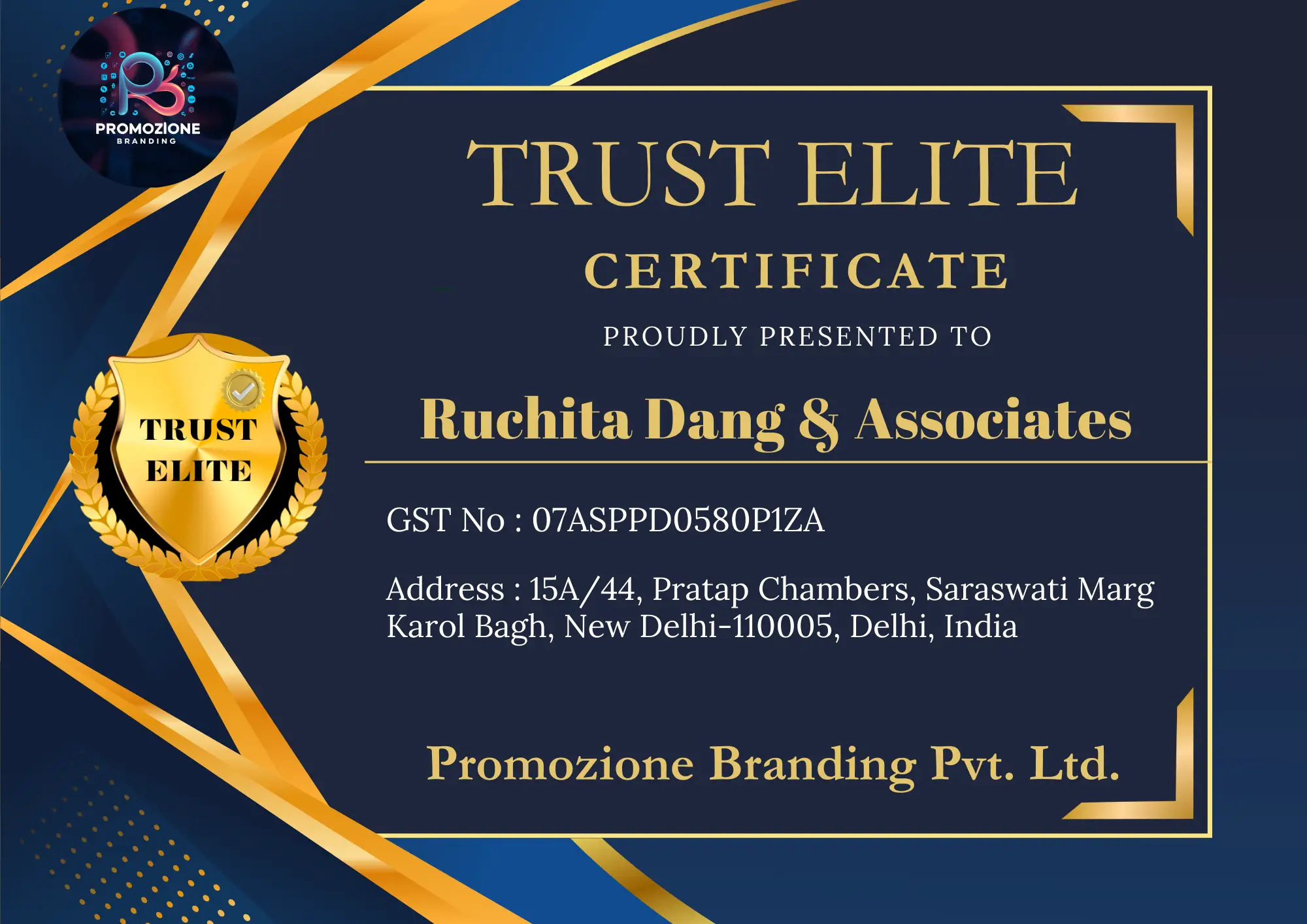Trademark Opposition
Defend or Oppose with Expert Legal Support
Trademark opposition is a critical phase in the trademark registration process where any third party can challenge the acceptance of a trademark application. If a trademark is published in the Trademark Journal and someone believes it conflicts with their existing mark, they have the legal right to oppose it within a prescribed period. At Ruchita Dang & Associates, our team of trademark professionals and legal experts guide you through the entire opposition process—whether you're filing an opposition or defending your trademark against one.
Don’t wait—Start your Trademark Opposition today!
What Sets Us Apart
500+ Professionals Network
5000+ All India Clients
2000+ Monthly Clients Onboarded
3500+ Trusted Ratings
What is Trademark Opposition?

Grounds for Trademark Opposition
- The trademark is identical or deceptively similar to an existing registered mark.
- The mark is descriptive, generic, or lacks distinctiveness.
- It may cause confusion or deceive the public.
- It is filed in bad faith or without the intention of genuine use.
- It contains offensive or prohibited content under Indian trademark law.
Submit your Details to get an Instant All-inclusive Quote to your email and a FREE Expert consultation
Trademark Opposition Process in India

Documents Required for Trademark Opposition
Step 1
Step 2
Step 3
Step 4
Step 4
Why Ruchita Dang & Associates
250+ Experts
4.5* Google Rating
24/7 Assistance
Quick and Easy Process
Complete Online Process
Frequently Asked Questions
Trademark Opposition is a legal objection that a third party raises against the registration of a trademark, which was published in the Trademark Journal. It is like a barrier that prevents the registration of any similar or conflicting marks that may confuse consumers.
A single person or a business entity which thinks that the new mark which is published violates their brand or trademark rights can file a Trademark Opposition. Professional Trademark Opposition Services assist in the effective drafting and submission of the opposition.
A Trademark Opposition must be lodged within 4 months from the day the mark is published in the Trademark Journal. A Trademark Opposition Consultant ensures timely filing and takes care of the whole legal process for you.
The most common grounds are the existing trademark, confusion between the products or services, the mark not being distinctive, deceptive marks, or filing with bad intentions. Professional services for Trademark Opposition evaluate the situation and draft a powerful opposition notice.
Yes, if the opposition is dismissed after review, the Trademark Registration proceeds. However, if the opposition wins, the application gets denied. With the help of skilled Trademark Opposition Services, you can significantly increase the likelihood of a positive result.


